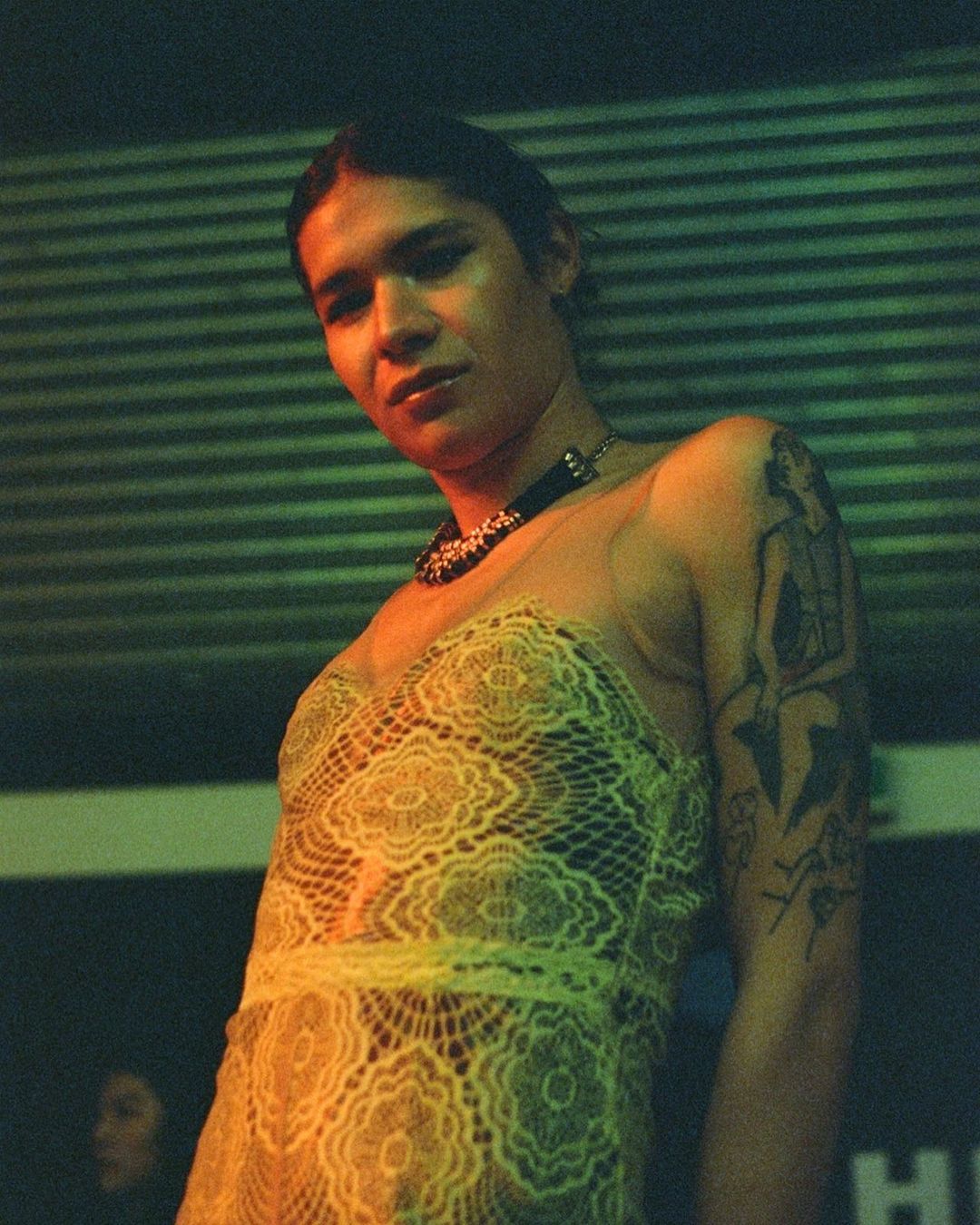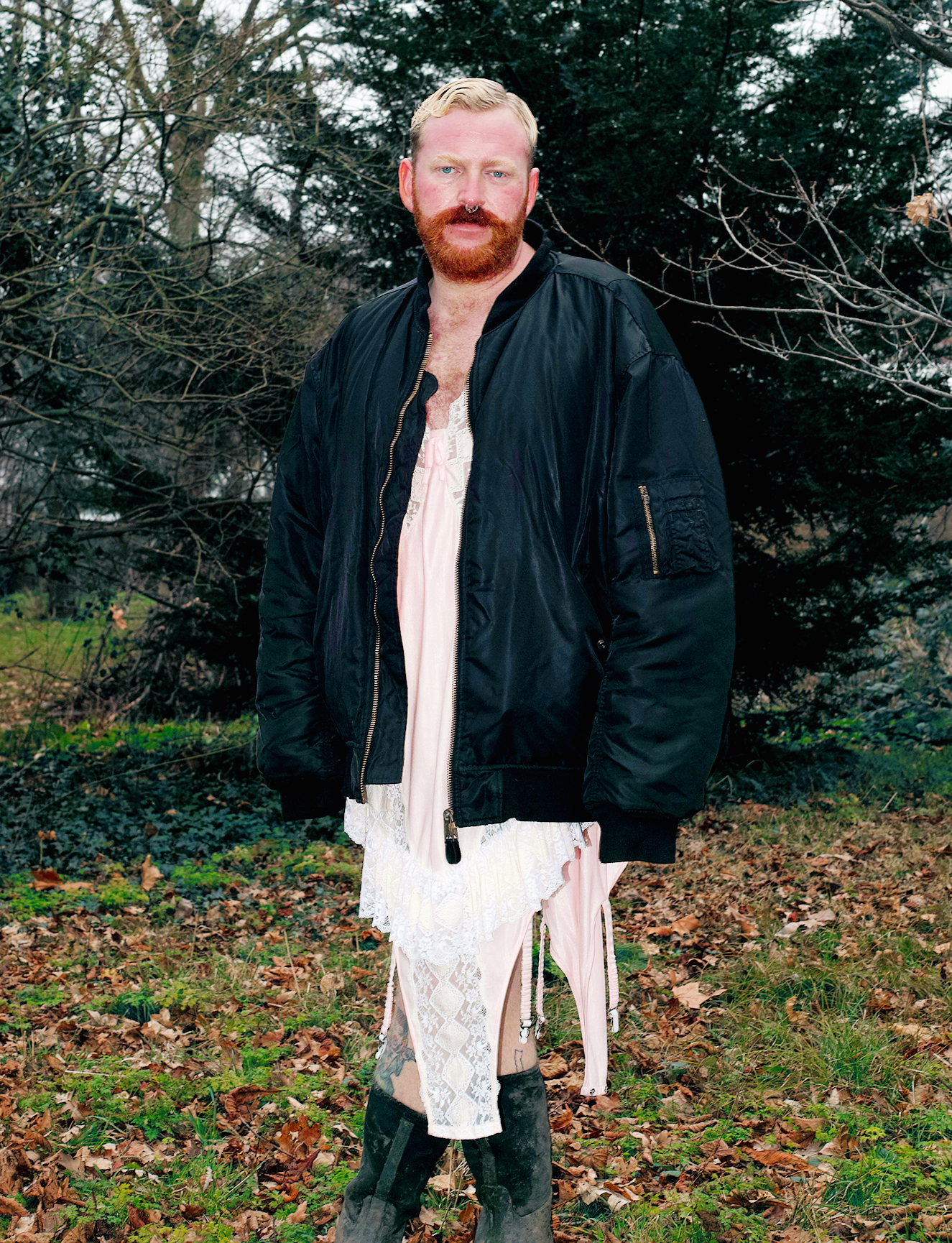This anger was ultimately why I founded oestrogeneration, a magazine platform launched to highlight and center transfeminine voices in the UK. It was an anger at the blatant hypocrisy that is widespread in British media. A landscape in which mainstream platforms with vast audiences – including The BBC and The Guardian – publish pieces of writing drenched in vitriol towards trans women, while at the same time running coverage which apparently aims to amplify our voices and ‘celebrate’ us.
Anger is ultimately why I founded oestrogeneration
Even in platforms which don’t take this approach, and which speak out against transphobia, the coverage is still predominantly done by cisgender journalists. The few trans writers who have successful careers in journalism tend to be white and assigned female at birth. And when a trans writer is commissioned, it often is only to discuss topics directly tied to our identity, or the ‘politics’ of our existence. Often these commissions seem only to happen in dialogue with transphobia too: a piece existing only as a counter-argument in reaction to a transphobic article on another platform.
This dynamic – of time and time again having to argue our right to exist, of being pitted against transphobic talking heads, and of at best being flattened into a label – needs to change. Permitting transphobia to go unchecked, and treating trans people as an ‘issue’, has promoted a culture in which our existence and the very rights associated with it, including access to healthcare, employment, and housing, are up for debate. This debate is not something we ever witness for the existence of cisgender people. Equally, having left-wing cisgender journalists speak on our behalf, even when done with care and delicacy, promotes a culture where it’s normal for us not to be involved in discussions that centre us, and helps entrench a pattern where we’re not given the tools, such as money and guidance, which would give us that opportunity.
Our identities become ‘discourse’
The treatment of trans people in the British media means our identities become ‘discourse’, but without us ever starting that discourse. This has a twofold effect of actively dehumanising us, in that we are reduced to an identity label, and disempowering us, in that we’re not given the platform to speak on our own behalf. Personhood, and constructing your own narrative, is important. This lack of ownership over our narratives ultimately leads to a lack of ownership over our bodies and identities.
Media informs society: journalists, writers, podcast hosts and filmmakers help create and shape knowledge and understanding, and cultural production has ripple effects on treatment on a personal and political level. Having a public debate on whether we should be allowed to use a toilet or not can result in any cisgender person feeling entitled to tell us whether we should use a toilet or not, and in politicians creating laws that mandate who can use toilets. A debate on whether we should access healthcare or not results in a cisgender doctor feeling entitled to tell us whether we should receive hormones or not, and in politicians implementing rules to control that process. We are actively being treated as pawns and hyper-scrutinised in a way cisgender people are not.
I want to carve out a space
I don’t believe a magazine holds the power to bring the kind of liberation which will soothe my anger, but I do believe it can shift the narrative. A magazine can start the process of humanising us to the wider world, while also empowering us to be in control of our own stories, and that was exactly my aim with oestrogeneration. I want all the magazine’s transfeminine contributors to not have to cater to a cisgender editor who expects them to constantly centre their transness in their writing. Instead, I want to carve out a space which lets transfeminine writers dive into the depths of their personhood, and discuss all the other things that make them an exciting person and writer. I want them to cover sex, pop culture, mental health, international politics, philosophy, science, food and all the other beautiful and obscure things they might want to cover.
I want our trans readers to feel seen and understood in our content, but also to disagree with it. I want them to feel less lonely. I want to help remind them that they deserve ownership over their voices, and to not let the wider world be a hurdle to that.
I want readers to feel our anger, but also our joy
I also want to have readers who are not trans women to consume the content with openness. I want them to read oestrogeneration with the kind of empathy that is instrumental to coalition: one where they allow their assumptions and misconceptions to be challenged. I want them to feel our anger, but also our joy. I want them to feel uncomfortable. I want them to believe in the importance of it and support it, just like my friends Noni, Rashmi, Russie and Alice did – without whom oestrogeneration wouldn’t exist. I want them to see us as nuanced, fully fledged people, just like they see themselves.
It’s been six months since oestrogeneration launched, and I have felt blessed and in disbelief at how talented our writers are, and in how powerful what they are communicating is. Reading their pieces ignites something in me that feels similar to that revolutionary anger I mentioned at the start, but now I think it is really hope.
Read More: What’s The Cost Of Queer Utopia?






